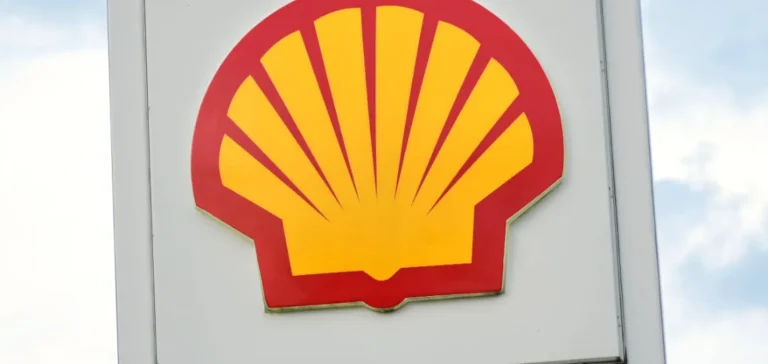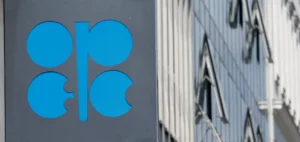The oil multinational Shell plc has officially stated it has undertaken no steps toward acquiring the British firm BP plc. This clarification comes in response to recent speculation circulating within international financial media regarding a potential major merger or acquisition in the energy sector.
No negotiations initiated with BP
In its announcement on June 26, 2025, Shell explicitly clarified it had not engaged in any discussions, formal or informal, with BP concerning any possible acquisition. This declaration is made in accordance with obligations set by British regulations on takeover bids, specifically rule 2.8 of the City Code on Takeovers and Mergers (the British code governing mergers and acquisitions). Under these regulations, Shell is now bound by specific restrictions imposed, though it retains the legal possibility to override these conditions under predefined circumstances.
Shell precisely enumerated scenarios which could permit a potential revision of its official position. Among these cases are an explicit agreement from BP’s board, a firm offer announcement by a third party for BP, or a significant change in the economic or commercial circumstances as approved by the competent British regulatory body, the Takeover Panel.
Focus on internal strategic objectives
The company further emphasised its internal strategy focused on operational performance, reduction of greenhouse gas emissions, and structural simplification of its global operations. This clarification coincides with an international context marked by increased scrutiny regarding the financial and operational performances of major international energy corporations.
Shell also noted that the publication of this regulatory announcement primarily aims to reassure financial markets and investors regarding the group’s strategic clarity. Speculation around major potential acquisitions could significantly impact share prices of involved companies, making such clarification particularly important for market stability.
The complete statements from Shell Group are available on its official website. The company, however, explicitly states that this digital content does not form part of the formal regulatory announcement submitted to relevant authorities and investors.
Strict regulatory framework in the United Kingdom
British regulations, notably through rule 2.8 of the City Code on Takeovers and Mergers, impose absolute transparency on listed companies concerning intentions related to potential acquisitions. This rule is specifically designed to avoid any undue imbalance or disruption within financial markets.
Shell thus remains bound by these regulatory constraints unless particular circumstances, explicitly described within additional notes accompanying the British code, arise. These measures aim primarily to ensure market fairness and predictability.
Financial analysts and professional investors are now closely monitoring forthcoming official communications from Shell and BP to accurately assess the future prospects of these two heavyweights in the global oil and energy sectors.






















